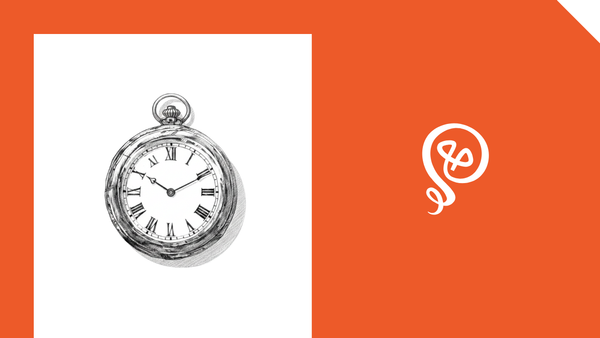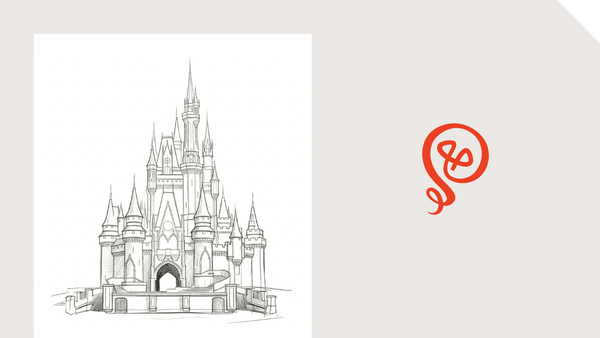I Took a Risk When I Overpromised
Sometimes setting the bar high forces you out of your comfort zone.

One of the cardinal rules of customer support: never overpromise.
I learned this very early in my career. If you overpromise, you break trust — something that can be very hard to earn back. Better to consistently keep expectations realistic and delight the customer by delivering on time and as promised.
I knew that… and yet I made the mistake of overpromising. Not a little overpromise either…. a BIG overpromise.
I was working at a fintech and the customer (a community bank) called to tell me about an upcoming project. The project was something my team regularly did, and it was complex. It was tied to a much larger initiative at the bank — one that cost millions of dollars and had a very precise delivery timeline. If things didn’t go as planned, the bank could lose access to my company’s product for a period of time.
Usually, my company required a minimum 8-week turnaround for projects like that. I asked the customer for their planned launch date.
3 weeks.
I wanted to please the customer.
My head began spinning because I knew that failure to deliver in 3 weeks would have a negative impact. Yet the customer had failed to plan ahead — most customers gave us months’ notice of such an initiative.
And this was a customer I had known for years. I had built up a rapport, and the customer trusted me. I didn’t want to upset them.
Somehow, in my sheer panic, I said, “Sure, we can get that done for you. Send over the information we need.”
The 8-week turnaround was usually needed not because the work itself took 8 weeks, but because it was juggled among other projects already in the queue. I knew that I’d need help from a data analyst, so I asked the development manager if we could squeeze in this project.
I was told no.
The development team had its own deadlines to meet, and there was no way to work this project onto the schedule.

I understood the requirements.
My next step should have been to call the customer back. To explain that the project could not be completed within 3 weeks because there wasn’t a resource available.
But I didn’t.
I had seen these projects done many, many times before. I understood the specs and had documentation from past projects. I had the SQL skills to wrangle the data and project management skills to keep everything on track. The only thing I lacked was direct experience executing the type of project.
I prepped for the launch date. I tested the logic and my SQL queries. I ran into some issues, but Google searches told me how to modify my work. I double-checked and triple-checked my work, knowing that a seamless launch was critical. When I had questions, I asked the development team for feedback.
I didn’t go completely rogue — I had support from my manager. I explained the situation and assured her that I could take on this project. I told her all of the steps I was taking to ensure success. She agreed to let me move forward.
Did I make mistakes? Yes. One mistake was found about a week after launch. The mistake was minor and easily fixable. Someone with more experience wouldn’t have made that type of error, but I didn’t know how to avoid it. I filed the knowledge away for future projects.
Sometimes you need to take a leap into the unknown.
I ended up doing many such projects in the future. Once the development team realized that I was an additional “resource” most future projects fell into my lap.
I got better and more efficient. I learned from each additional project and created repeatable processes. And I negotiated a raise for myself.
Why did I take such a risk with that project? Because I knew I could do it. I had confidence in my skills and my dedication to the customer.
Many years later, I took another leap. I left fintech — an industry I’d been in for 15 years — and pivoted into content marketing and journalism. I’m doing work that I have absolutely no prior experience doing, going toe-to-toe with people who have years of experience. I’m learning as I go.
People often hold back when they don’t have the experience. Women, in particular, don’t apply for jobs unless they meet 100% of the requirements. The fear of failure is real: we stay within our comfort zones and don’t take risks.
But there’s a first time for everything. I placed a bet on myself, believing that I could do anything if I set my mind to it.
Turns out, I was right.
You can read about the future of work and career pivots on my Substack.






